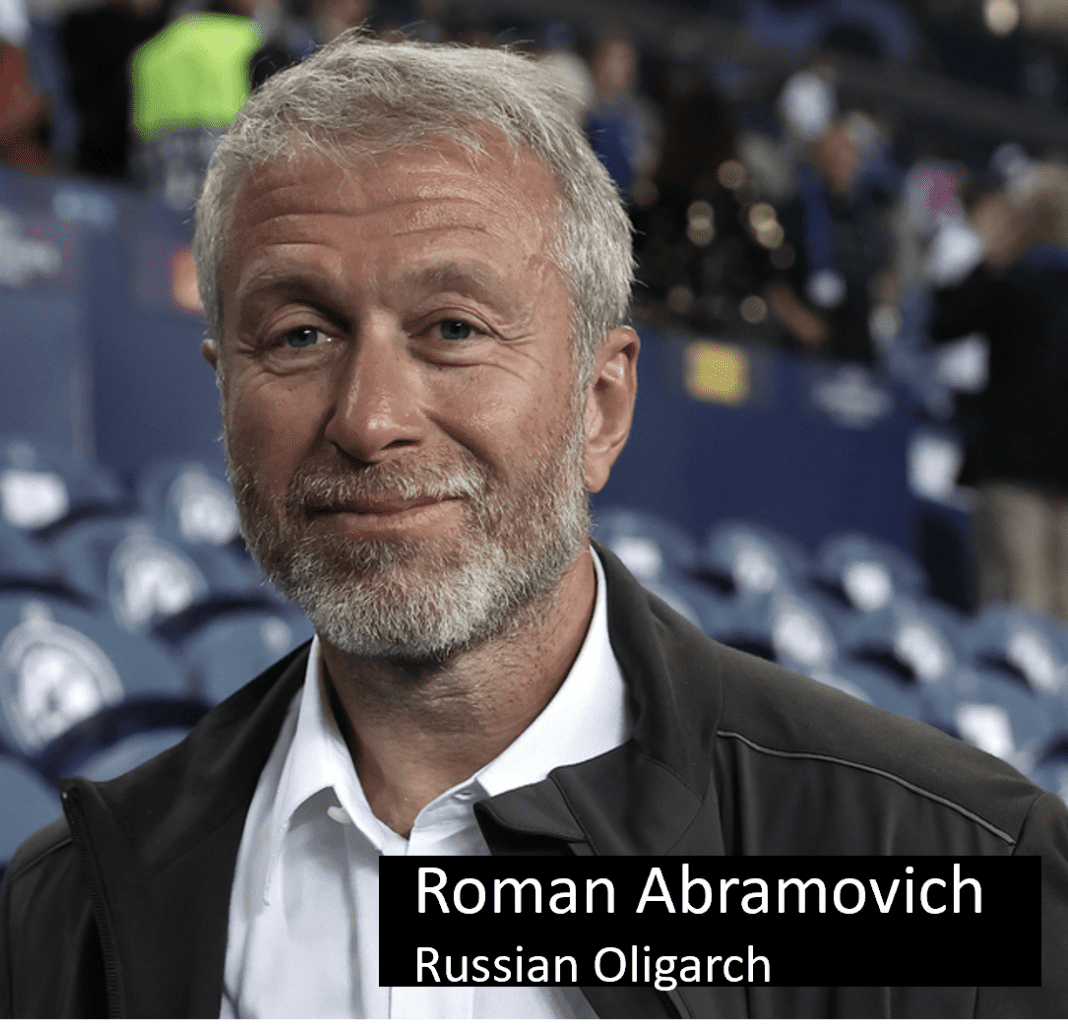The General Court of the European Union has dismissed the lawsuit filed by the Russian oligarch Roman Abramovich with Russian, Israeli, and Portuguese nationalities. The court’s decision maintains the restrictive measures imposed against him in the wake of Russia’s attack on Ukraine in February 2022.
Background of the Sanctions
Abramovich, known as the majority shareholder of the parent company of Evraz, a leading Russian group in the steel and mining sector, found himself subject to sanctions imposed by the Council of the European Union. In March 2022, sanctions were brought against Abramovich for allegedly benefiting from his close ties to Russian President Vladimir Putin and for contributing to the Kremlin’s war chest. These measures, including the freezing of funds and travel bans, targeted businesspersons involved in sectors that significantly fund the Russian Government. The sanctions aimed to exert pressure on Russia and penalize its actions, undermining Ukraine’s territorial integrity, sovereignty, and independence.
Abramovich’s Legal Challenge
Challenging his inclusion and maintenance on the EU’s sanction lists, Abramovich sought to reverse these restrictions and claimed compensation for harm to his reputation, estimating the damage at €1,000,000.
Court’s Ruling and Observations
The General Court upheld the restrictive measures, concluding that the Council had not erred in its assessment of Abramovich’s role within the Evraz group. The court also observed that maintaining Abramovich’s name on the sanction lists did not unjustifiably or disproportionately infringe his fundamental rights, including the right to privacy, business conduct, and free movement. It emphasized that EU law allows for the authorization of using frozen funds for essential needs and granting specific permissions for the release of funds or other economic resources.
Rejection of Claims
Regarding Abramovich’s claims as a Portuguese (EU) national for disproportionate infringement of his freedom of movement within the EU. The court found these arguments unfounded. Consequently, since Abramovich could not prove the unlawfulness of his inclusion and maintenance on the lists, his claim for compensation was also dismissed.
The General Court’s decision underscores the EU’s firm stance against individuals linked to sectors funding the Russian government, particularly in the context of the ongoing conflict in Ukraine. The ruling not only reaffirms the sanctions against Abramovich but also reinforces the legal mechanisms the EU employs in response to international crises.
